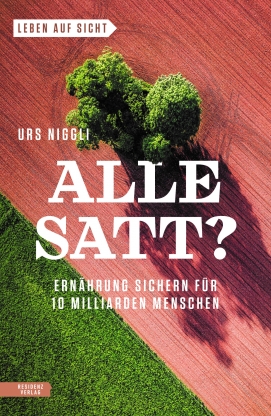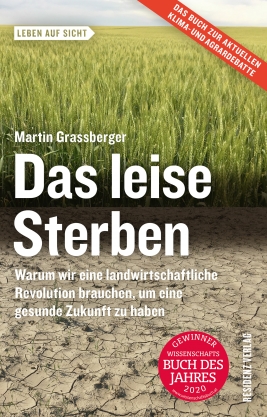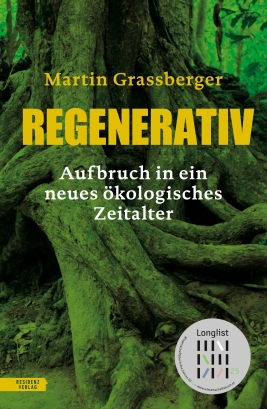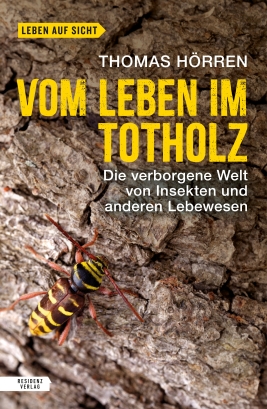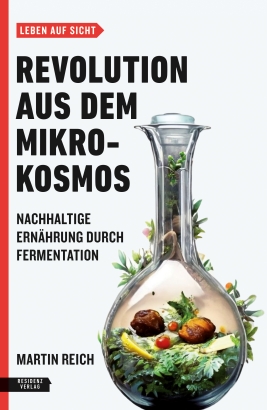
Martin Reich Urs Niggli (Foreword by) - A REVOLUTION FROM THE MICROCOSM
Fermentation for a sustainable diet
Biologist Martin Reich guides us through the new world of fermentation laboratories and a host of new possibilities.
If we make the switch from agriculture to brewing kettles, we could drastically reduce the catastrophic impact of our diet on the environment and the climate. The thousands-of-years-old tradition of fermentation is having something of a renaissance thanks to advances in biotechnology. Now, with bioreactors, scientists are looking to produce real cheese without cows, real eggs without hens, and much more. The vision: much more food on much less land. But how are these new products made? What do they mean for us, and what will become of agriculture? Are we even ready for a fermentation revolution? To find the answers to these questions, Martin Reich has set out on a journey through laboratories, breweries and the intellectual world of researchers, critics and dreamers.
Book details
Aus der Reihe „Leben auf Sicht“320 pages
format:140 x 215
ISBN: 9783701736126
Release date: 25.03.2024
License rights
- World rights available






